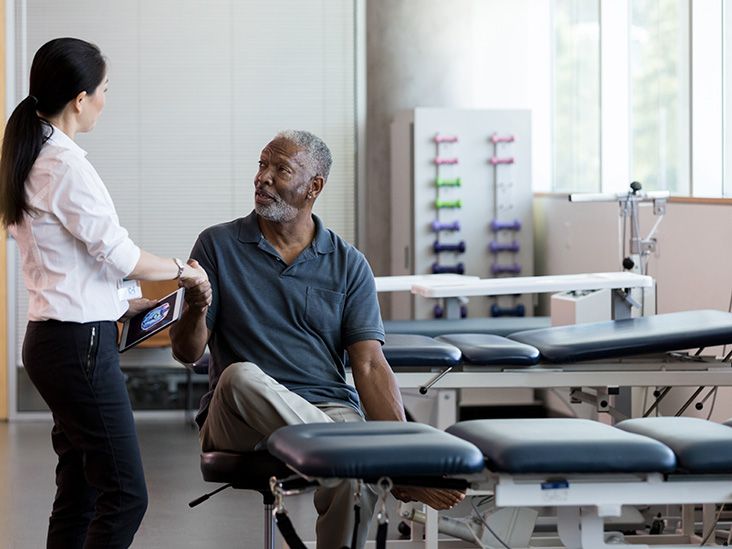Improving Rehab Outcomes Through Efficient Functional Motion Assessment Protocols
Improving Rehab Outcomes Through Efficient Functional Motion Assessment Protocols
Blog Article
Operational Mobility Screening (FMS) is a valuable instrument used to evaluate an individual's movement mechanics. This screening aids identify any weaknesses or discrepancies in the body, which can result to harm if not addressed. In rehabilitation settings, FMS can serve a critical role in enhancing rehabilitation outcomes. By comprehending how each person navigates, healthcare professionals can design targeted recovery programs that concentrate on improving power, flexibility, and general function.
One of the key advantages of using FMS in recovery is its ability to identify specific aspects that need improvement. For example, if a client struggles with squat movements or lunging, it may indicate a deficiency of mobility in their hip joints or ankles. This data allows therapists to formulate customized exercise programs that highlight correcting these shortcomings. As a result, patients are more likely to recover their strength and ability, which is crucial for returning to daily activities or sports.
Implementing effective FMS procedures can also go help avoid future injuries. Many damages occur due to poor mobility patterns or overuse of certain muscular clusters. By screening patients before they begin a rehabilitation program, clinicians can detect risks and implement strategies to reduce them. Informing patients about proper mobility mechanics and strengthening weak aspects can lead to sustained benefits, ensuring that they stay engaged and fit.
Moreover, the use of FMS can improve dialogue between healthcare professionals and patients. When patients see their mobility patterns assessed and clarified, they gain a clearer understanding of their recovery process. This transparency fosters trust and motivates patients to take an engaged part in their recovery. By involving patients in their recovery journey, they are more likely to adhere to prescribed exercises and behavioral adjustments that support better results.
In summary, improving rehabilitation results through effective operational mobility screening procedures is essential for both patients and healthcare professionals. By accurately assessing mobility view it patterns, therapists can create tailored rehabilitation plans that meet specific needs. This not only aids in recovery but also assists prevent future injuries. As patients become more involved in their rehabilitation process, they are likely to attain their goals and sustain a healthy, active way of living.